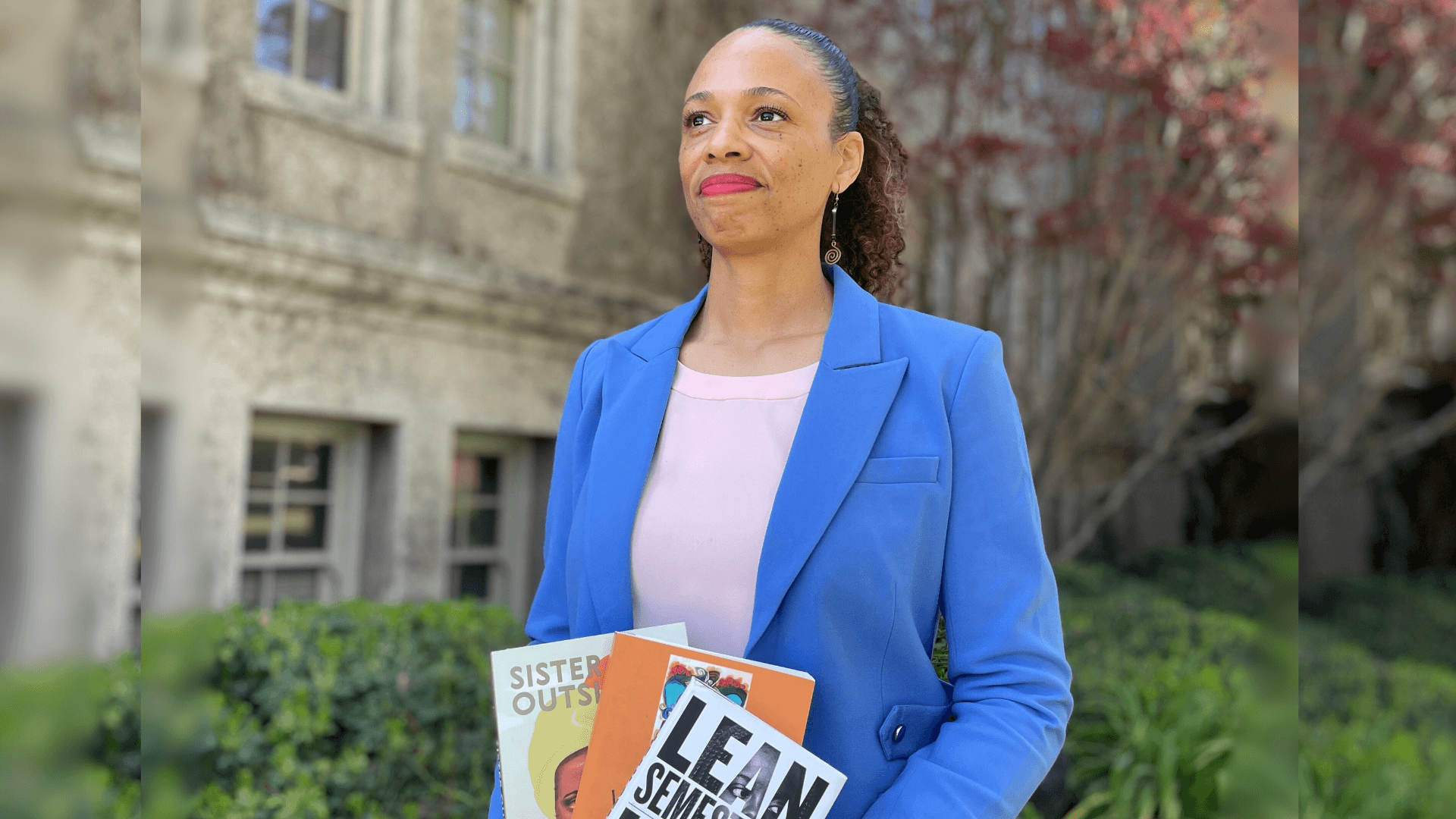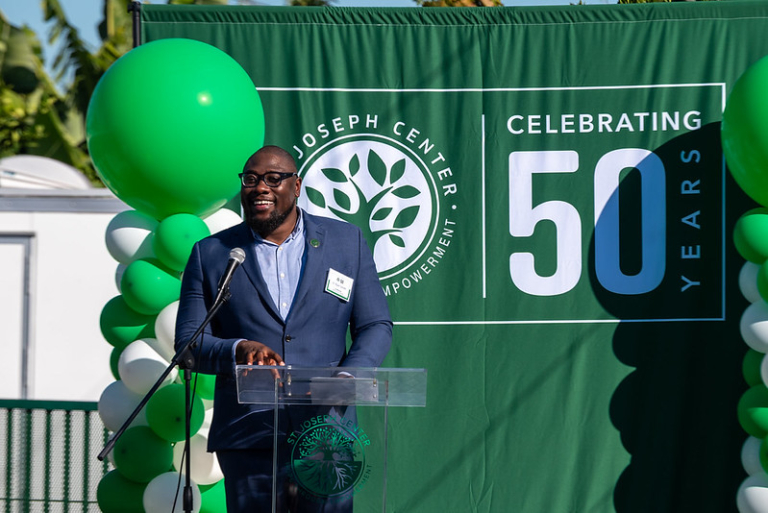Black Womxn Leaders in Education Focus of New Study

Education leaders face some common challenges such as limited resources and addressing the unique needs of students. But for Black womxn educational leaders, Organizational Leadership Professor Yvette C. Latunde says those issues are compounded by barriers and social injustices that only those in this specific double-bind share and experience.
Given this, her latest research focuses on strategies Black womxn leaders in education use to thrive and the impact of direct leaders’ behaviors on their wellness. She aims to find correlations between leadership styles and wellness strategies, as well as learn about opportunities to support and protect transformative leadership and the well-being of Black education leaders.
Latunde plans to use Kimberlé W. Crenshaw’s framework of intersectionality, which provides a critical lens to understand the nuances and multifaceted challenges faced by Black women leaders in academia. It underscores the importance of recognizing the intersections of race, gender, and other social identities in addressing inequality and creating more inclusive spaces within academic institutions.
“In education, this population is oftentimes not used as models of leadership, and when brought into leadership positions they are brought into horrendous situations – understaffed, underfunded and without clear goals for them to work towards,” said Latunde recently, during a presentation of her upcoming research. “Why can’t we bring BIPOC (black, indigenous, and other people of color) leadership into thriving situations where they can focus on leading and success?”
Leadership and well-being are increasingly being linked together. A leader’s leadership practices can influence the performance and well-being of those they lead, according to experts. It can also impact an organization’s culture and effectiveness.
Latunde predicts that the wellness practices and language Black womxn leaders use for practices will not be typical. For example, in the book “Black Women’s Yoga History,” Latunde discovered that yoga was portrayed as praying while gardening or seeking moments of silence and writing, rather than the typical stretching exercises associated with it in society.
Ultimately, she hopes institutions can use research findings to create more equitable and healthy organizations.
Are you a Black womxn education leader interested in participating in this study? Email Professor Yvette Latunde at ylatunde@laverne.edu for more information.


